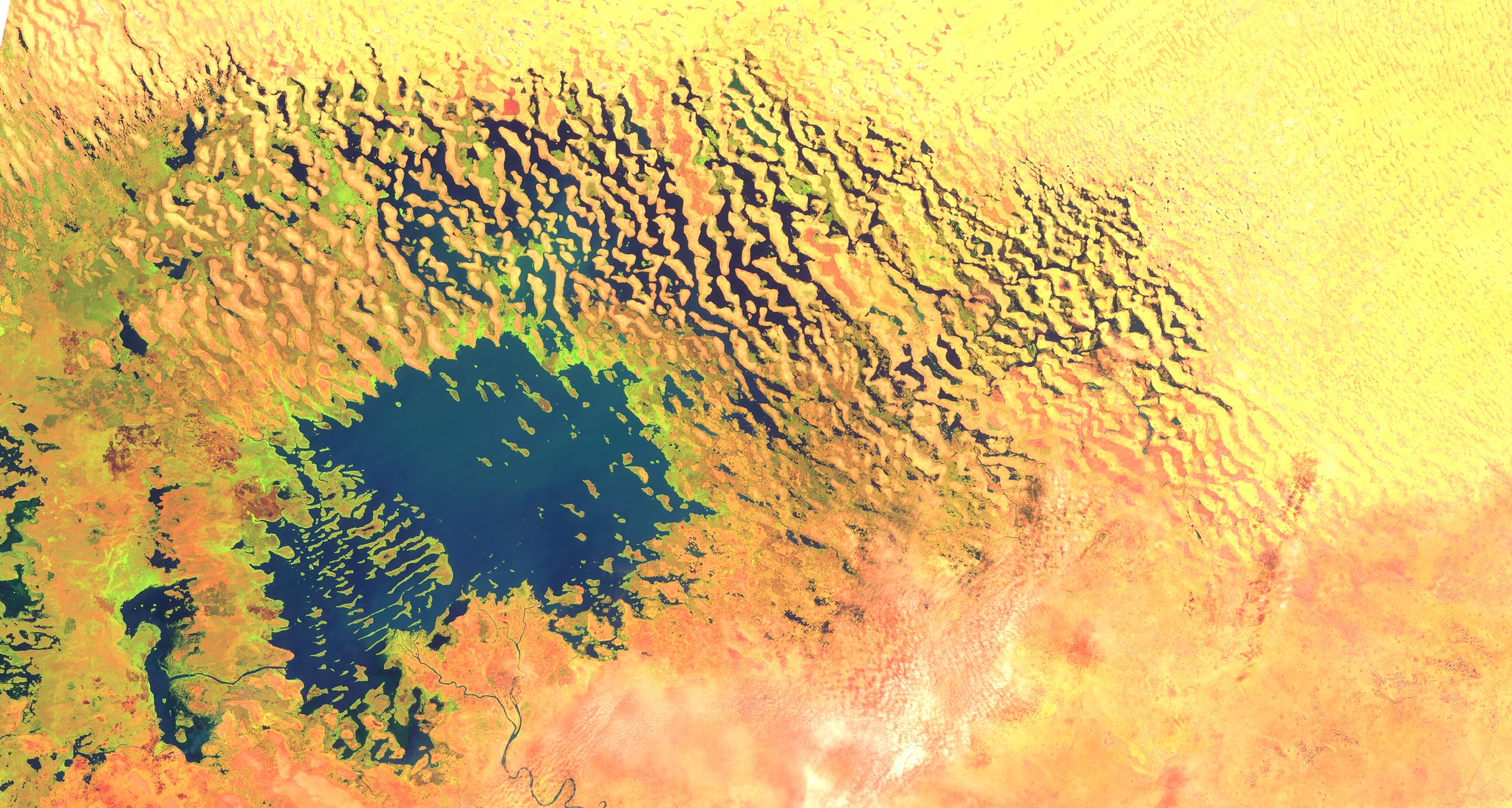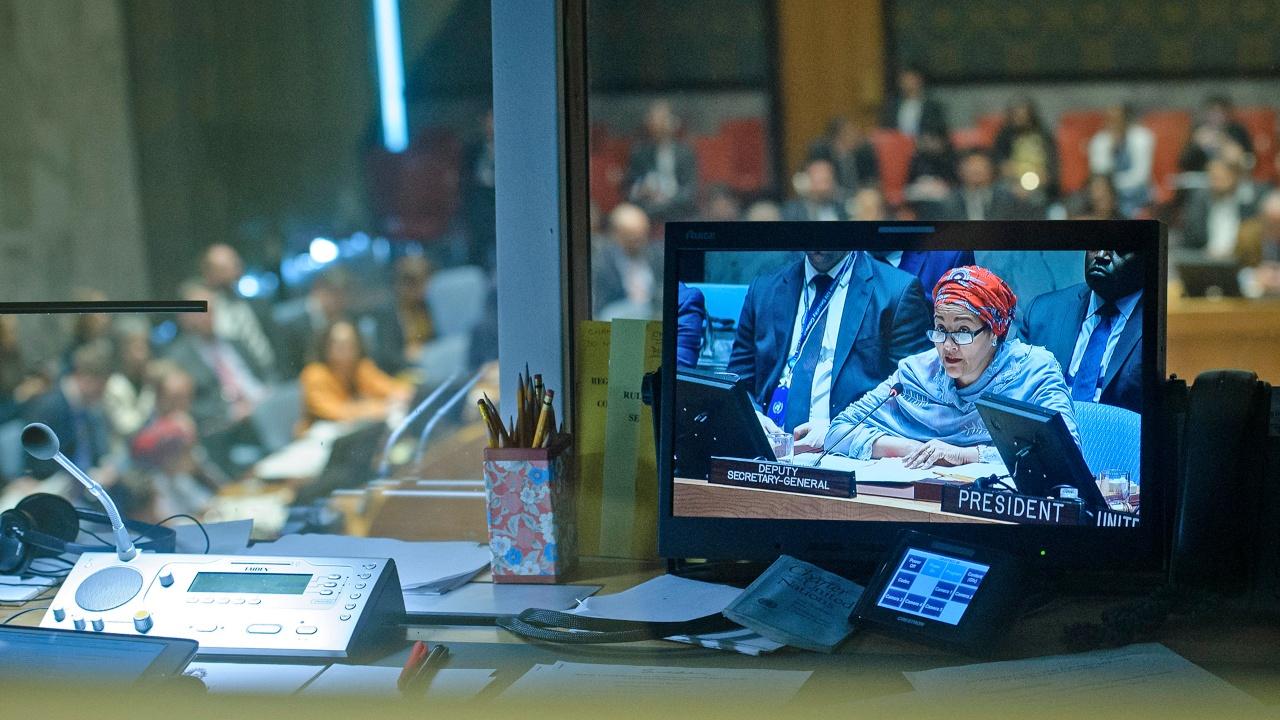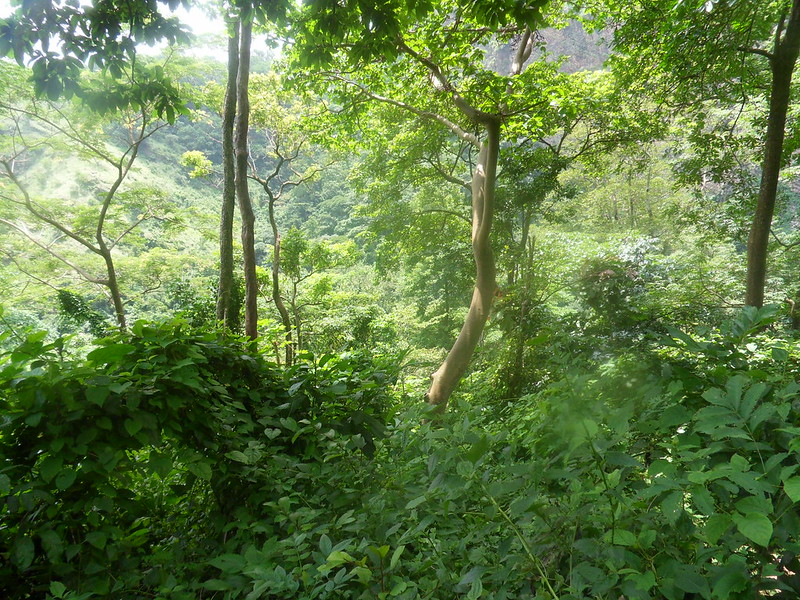The United Nations is undertaking counterterrorism efforts around Lake Chad. But for these to succeed, write Lukong Stella Shulika and Mahtab Shafiei the countries bordering the lake need to work together and get buy in from local people.
The Lake Chad Basin region, encompassing parts of Nigeria, Cameroon, Chad, and Niger has become a major battleground against extremist groups like Boko Haram, which is known for its brutal tactics and ideological radicalism. Over the years, this insurgency group and its affiliates have operated with impunity, causing widespread violence, human suffering, and forced displacement which has created instability across the region. In response, the United Nations (UN) has collaborated with regional governments and forces, to spearhead several counterterrorism initiatives in the Lake Chad Basin region. But without greater cooperation between governments in the region and grassroots support, these initiatives will struggle to eliminate the threat.
Boko Haram and the Lake Chad Basin Crisis
Boko Haram emerged in Nigeria’s Borno state in 2009 and quickly spread across the northeast zone of the country, and then into neighbouring Cameroon, Niger, and Chad. Since 2013, the Lake Chad Basin region has experienced significant terrorist activities, with Boko Haram launching attacks on cities, towns, military posts, and educational institutions. The group has also abducted civilians, tourists, and missionaries. The security situation in the region has been further exacerbated by the group’s recruitment and radicalisation efforts, driven by their extremist ideology and socioeconomic grievances.
The Boko Haram group exploits the unique and lawless nature of Lake Chad, as well as the challenging landscape to establish bases and launch attacks across the region. The unpredictable and fluctuating water levels of the lake create densely vegetated and inaccessible areas, creating a zone which is difficult for authorities to navigate and govern. The changing vegetation and fluctuating water levels regularly disrupt local mobility patterns, forcing villages to change their locations according to the lake’s conditions while retaining their original place names. These dynamics make it difficult for the administrations to accurately map and establish law and order among the transient settlements.
The governance challenges posed by the lake contribute to the existence of a “lawless zone”, which serves as fertile ground for Boko Haram to establish camps and supply routes with minimal interference. This setting enables the group to operate freely and conduct attacks in one country, then retreat to another without significant hindrances. Boko Haram capitalises on this complexity to evade security forces.
The expansion of the Boko Haram militant group is also influenced by ideological, religious, and socio-cultural affinities within neighbouring communities across Cameroon, Niger, and Chad, which are further aggravated by resource geopolitics and territorial disputes. These countries are home to marginalised and disadvantaged populations susceptible to Boko Haram’s extremist ideology. The group preys on these vulnerabilities by exploiting existing grievances and divisions within communities to gain support, establish a presence, and expand their influence by recruiting segments of the population that share similar beliefs and values.
Efforts to counter terrorism in the Lake Chad Basin include the establishment of the Multinational Joint Task Force (MNJTF)—an initiative for regional intelligence sharing, border security enhancement, and humanitarian assistance. The MNJTF, with troops from Nigeria, Chad, Cameroon, Niger, and Benin, has succeeded in curbing, but not eliminating, Boko Haram’s activities, rescuing hostages, and recapturing territories. Additionally, grassroots movements, such as the Civilian Joint Task Forces, alongside peace education and community outreach, play vital roles in countering extremism. Peace education and community outreach efforts help to reduce the appeal of extremism by promoting dialogue, tolerance, and understanding among different communities affected by Boko Haram’s activities.
UN Counterterrorism in the Lake Chad Basin
The UN Security Council and the UN General Assembly have established frameworks for action against terrorism, with entities like the UN Counter-Terrorism Implementation Task Force (CTITF) and the UN Development Program (UNDP) supporting these efforts through coordination and capacity-building. The Multinational Joint Task Force (MNJTF), with troops from regional countries, leads military and humanitarian actions against Boko Haram. The UN approach combines military measures with socio-economic development strategies, including dialogue, intelligence sharing, technical assistance, and sanctions, to address both the immediate threats and underlying causes of terrorism in the Lake Chad Basin.
These UN counterterrorism efforts in the Lake Chad Basin have seen mixed results. On the one hand, there have been successes in liberating areas from Boko Haram control and in diminishing the group’s operational capabilities. On the other hand, the persistence of attacks and the group’s ability to adapt to counterterrorism measures highlight the ongoing challenges.
The UN faces multiple challenges in its counterterrorism efforts in the Lake Chad Basin. These include porous borders that facilitate cross-border terrorism, complex geography hindering operations against terrorist hideouts and a significant reduction in the size of Lake Chad, which exacerbates socio-economic issues like poverty, unemployment, and illiteracy. Weak governance, corruption, and Boko Haram’s diverse funding streams such as kidnapping, bank robberies, and informal local taxation and trade within the Lake Chad Basin region, complicate the security situation in the region. These challenges are further compounded by a lack of contextual understanding in implementing counterterrorism strategies, necessitating a more nuanced, context-sensitive approach that incorporates local knowledge and addresses the underlying drivers of extremism. These causes include inequality, poor resource management and distribution, weak state institutions, manipulation of political systems by the elite, widespread corruption, and extreme socioeconomic marginalisation, among others.
Holistic counterterrorism strategy
Military interventions around Lake Chad must be complemented by efforts to address the socio-economic drivers of extremism, including poverty, unemployment, and governance deficiencies. The UN’s role in coordinating international support and fostering regional cooperation is vital in this regard.
To reinforce the United Nations’ counterterrorism initiatives in the Lake Chad Basin, several actions are required. First, enhancing collaboration among Lake Chad Basin countries and fostering stronger ties between regional and international partners are essential for effective border control and counterterrorism operations. Initiatives focused on improving governance, alleviating poverty, and creating employment opportunities are paramount in diminishing the allure of extremist ideologies. Moreover, the engagement of local communities in counterterrorism measures and the formulation of strategies to prevent radicalisation are fundamental to achieving sustainable peace. Addressing the environmental challenges plaguing the Lake Chad Basin, such as water management and climate change mitigation, is also crucial for the region’s stability and security. Lastly, bolstering intelligence and surveillance capabilities to pre-empt terrorist activities and dismantle their networks is key to the success of counterterrorism efforts. These combined actions are vital for enhancing security and stability in the Lake Chad Basin.
This blogpost is based on the journal article “Assessing the Role of the United Nations in Countering Terrorism in Africa: A Case Study of the Lake Chad Basin.”
Photo credit: NASA used with permission CC BY-NC 2.0 DEED





